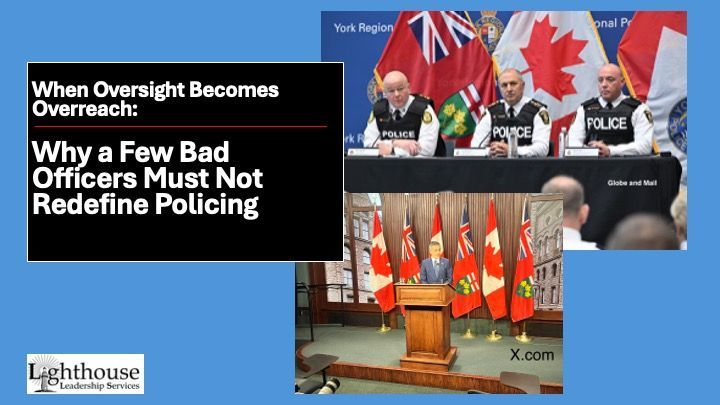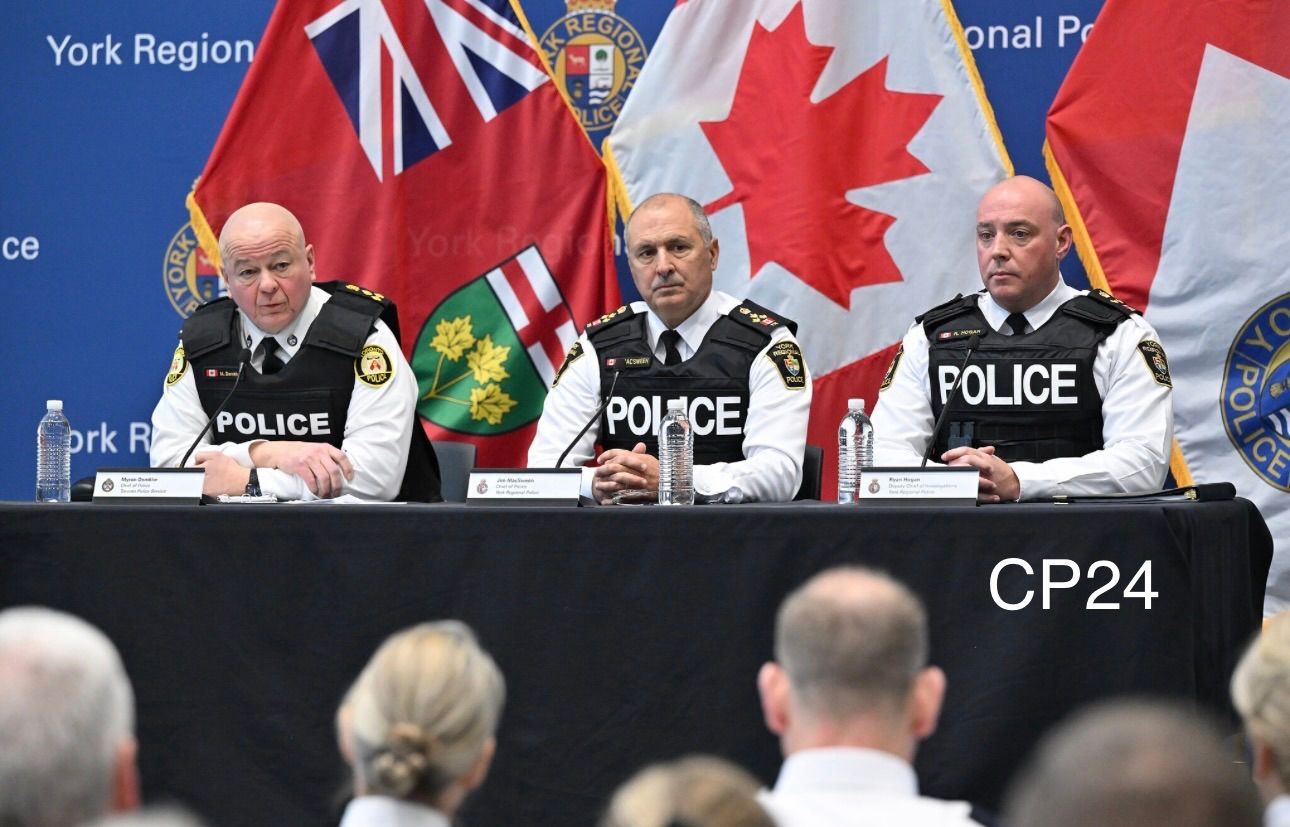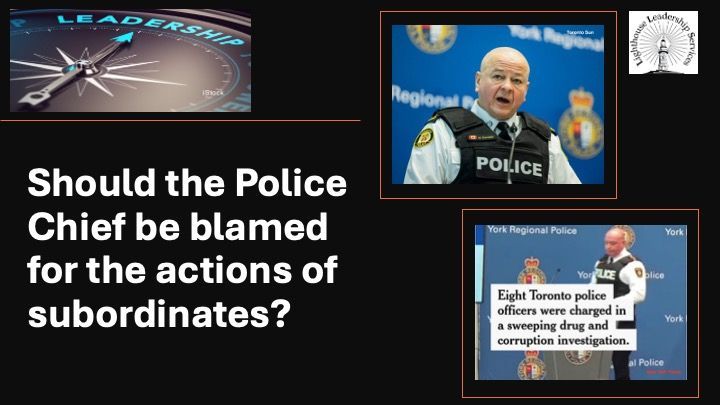New Paragraph
In my recent article Change causes fear and fear causes stress – and we’re all feeling it, I spoke of the massive and continuous change to our environment on a number of fronts, including technological, political, pandemic impacts, economic, world conflicts and public safety. I also suggested that our “leaders”, that being a number of elected officials, company and agency executives and more, are not leading effectively to get us all through these challenging times.
So, what are my and your expectations of these ‘leaders’ (or at times – ‘pseudo-leaders’) and what should we see an feel in them to develop our trust that they will collectively lead us through to better days, or at minimum help us more effectively adapt to an ongoing changing world or individual crises?
I repeatedly claim that “Leadership is leadership”, regardless of profession or sector. In business, government, military, emergency response, public service or not-for-profit. True “leaders” are going to get people through the tough times and help them celebrate the good times.
A leader is someone who always puts the good of the people he or she leads and serves before any personal needs or agenda. That of course applies to every decision leaders make, which must always be in the best interests of “the people”. Decisions, strategies and actions should never be about making the leaders themselves look good. They have to make decisions based on what is best for others, as opposed to what will advance their personal agendas or feed their egos.
Through their words and actions, true leaders inspire all of those around them to do and be their very best. They communicate effectively, respectfully and listen to the suggestions and feedback of others. When things go bad, they take the blame and don’t throw others under the bus. When things go well, they pass on the credit – letting the light shine on those they have the honour to lead.
Is this what we are seeing from our leaders? No. Far from it in some cases I’m afraid.
From the employee perspective, they see many so-called leaders as “bosses”. A “boss” – not a leader, is routinely described as a master, a controller and a manipulator. That’s not what building trust is about and certainly does not pull a team together to work hard to accomplish common goals. Sadly, we still see that in some.
Communication is key. It should be a demonstrative continuum of honesty, ethical behaviour, integrity, open and respectful dialogue, finding happy mediums in difficult times and people working together to do the right things for the right reasons. It should also be about learning from what has happened but focusing on moving forward and making things better for all.
Successful leaders communicate regularly and consistently. People don’t want to hear nonsensical claims and rose-colored glasses promises. They want and need to hear the facts; what the leader is doing to get them through the mess; and what they as citizens (and/or employees) can do to help.
It should never be about personal agendas and partisanship, or protective mistruths. And it should never include infantile name-calling and belittling attacks on others. Disagreement should never result in divisive discourse – politically or in any environment. That is totally unhealthy.
It’s critical that leaders build and maintain trust. Trust is a fragile commodity which is difficult to gain and can be lost in a nanosecond. It is normally developed over time, through day-to-day interaction, in relatively normal situations and not when the chips are down. That trust will pay enormous dividends in difficult times, but without developing it prior to, when the poop hits the proverbial fan, it will be too late.
Our leaders must set a positive personal example at all times. That includes in their private lives. A leader can say and do all the right things publicly, but if their personal life is a train-wreck, they will lose credibility. Integrity is key and wannabe leaders without it will fail themselves and us.
Instilling optimism in people that feel threatened and/or vulnerable isn’t easy. But as a leader, that should be a priority. How and when they communicate – including listening to criticism and suggestions; building trust by creating that environment where people know they have our best interests at heart, is paramount.
In this digital era, there are many ways to communicate – email, phone, video, etc., and leaders should use them all to capture all audiences, but they should never overlook the need for some face time. People need to look into their leader’s eyes on occasion to close the circle of trust.
In the 1800’s, the 6th President of the United States, John Quincy Adams said, “If your actions inspire others to dream more, learn more, do more and become more, you are a leader.” Our modern leaders need to get with that 200-year-old program.
Too many of them have missed the memo.
___________________________________________________________
With excerpts from: Never Stop on a Hill; Crisis Communications; What has happened to true “leadership” in Canadian politics?; Donald J. Trump: Leader or Boss? All by Chris D. Lewis




